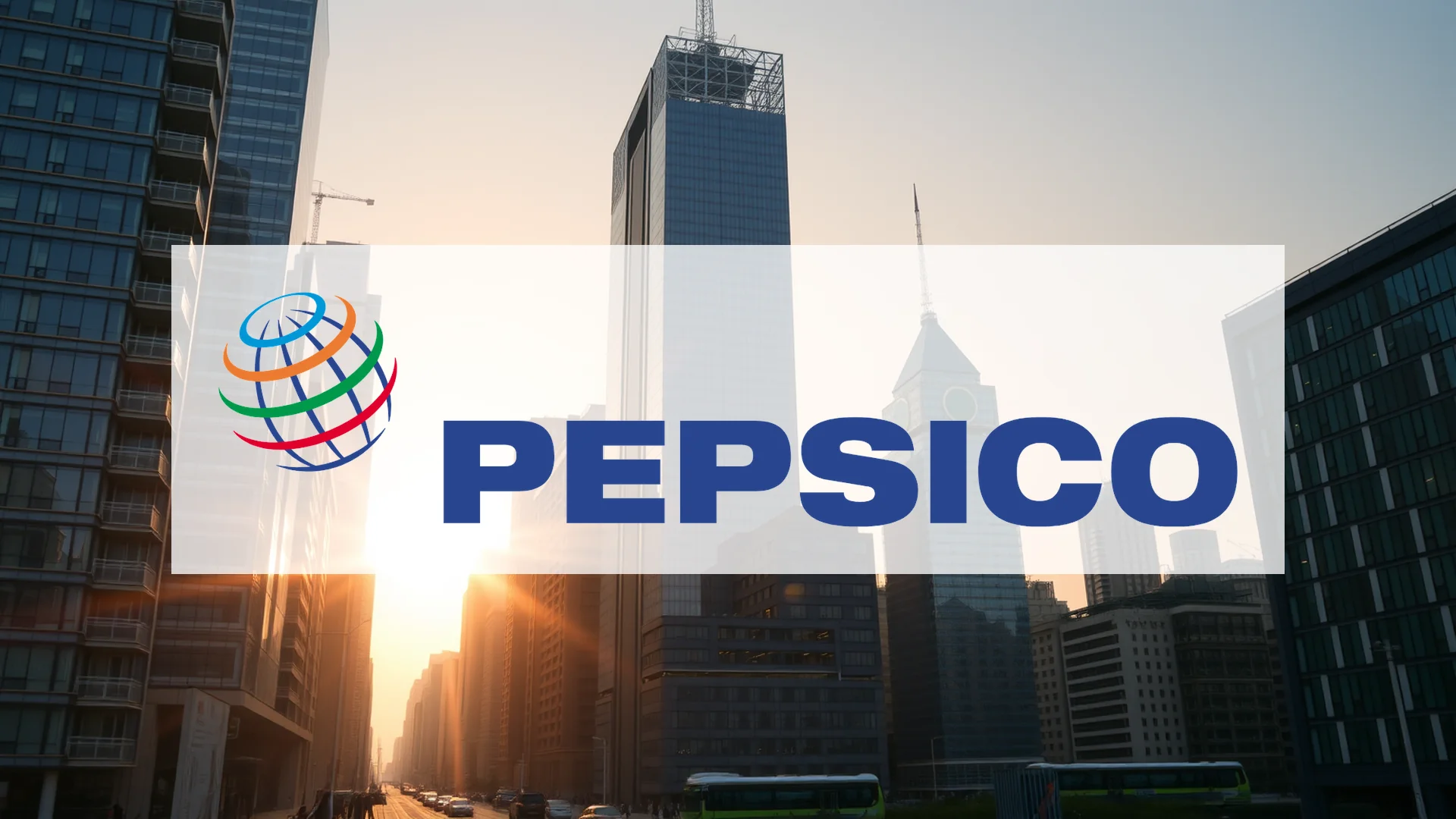PepsiCo’s latest quarterly results appeared robust on the surface, yet beneath this calm exterior, significant concerns are brewing. The beverage and snack titan faces mounting pressure as institutional investors reduce exposure, market analysts trim price targets, and questions emerge about the sustainability of its generous dividend payments. Can the company navigate these challenges, or will its reputation as a reliable income stock become compromised?
Dividend Sustainability Under Scrutiny
Income-focused investors have traditionally found PepsiCo appealing, but recent metrics reveal potential trouble ahead. The company distributes a quarterly dividend of $1.4225 per share, translating to an annual payout of $5.69 per security. This generates an attractive yield of 3.9% at current price levels.
However, a deeper examination uncovers a concerning reality: PepsiCo’s payout ratio has reached 108.17%. This indicates the corporation is returning more money to shareholders than it actually earns in profit—an unsustainable practice over the long term. Without substantial earnings growth, the company faces an inevitable choice between reducing its dividend or compromising financial flexibility. The next distribution is scheduled for January 6, 2026, to shareholders of record as of December 5.
Diverging Views Among Major Investors
The institutional investment landscape reveals sharply divided opinions about PepsiCo’s prospects. Associated Banc Corp recently decreased its stake by 4.7%, liquidating 7,091 shares. Their remaining position, valued at approximately $19 million, suggests declining confidence in near-term price appreciation.
Conversely, other sophisticated investors are using current market levels to accumulate shares:
- Patrick Mauro Investment Advisor expanded its position by 20.9%
- Ameritas Investment Partners increased its holdings by 8.2%
This conflicting activity among professional money managers highlights the uncertainty surrounding PepsiCo’s future trajectory.
Should investors sell immediately? Or is it worth buying Pepsi?
Analyst Consensus Turns Cautious
Market researchers have grown increasingly skeptical, with multiple financial institutions revising their expectations downward. The average price target now sits around $157, suggesting only modest upside potential from current levels.
Specific analyst actions include:
Piper Sandler reduced its target to $161, citing emerging risks associated with GLP-1 weight-loss medications potentially diminishing long-term demand for sugary beverages and snacks. JPMorgan now values the stock at just $151, while Freedom Capital Markets took the more dramatic step of downgrading PepsiCo from “Buy” to “Hold,” citing limited appreciation potential.
Operational Challenges Mount
Despite recent quarterly performance that exceeded expectations—with earnings per share of $2.29 beating forecasts by three cents and revenue increasing 2.7% to $23.94 billion—the company faces significant headwinds. Management anticipates largely stagnant earnings per share for full-year 2025 on a constant-currency basis.
Several factors contribute to this cautious outlook:
- Currency volatility continues to pressure international profitability
- Rising tariff expenses and global supply chain disruptions squeeze profit margins
- Evolving consumer preferences toward healthier lifestyles challenge traditional product lines
From a technical perspective, the stock shows weakness, trading below its 50-day moving average—a classic caution signal for chart analysts. With shares hovering around $146, market participants await clear indications of whether stabilization or further correction lies ahead.
Ad
Pepsi Stock: Buy or Sell?! New Pepsi Analysis from February 7 delivers the answer:
The latest Pepsi figures speak for themselves: Urgent action needed for Pepsi investors. Is it worth buying or should you sell? Find out what to do now in the current free analysis from February 7.
Pepsi: Buy or sell? Read more here...










